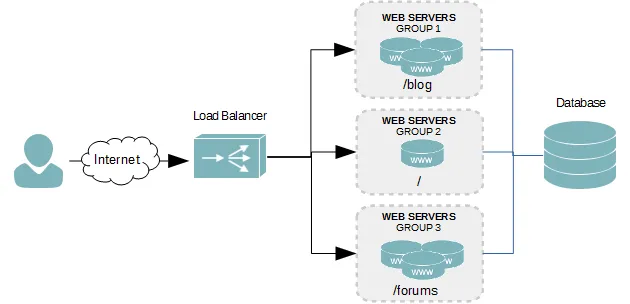A Virtual Private Network (VPN) is a private network that extends across a public network or the Internet. It enables users to send and receive data while remaining anonymous and secure. A VPN is often used by businesses to protect sensitive data, and by individuals who want to access content that may be blocked in their country.
A proxy server is a computer that acts as an intermediary between clients and servers. It can be used to forward requests from one server to another, or to cache frequently requested content. Proxy servers are often used by businesses in order to:
- improve performance and security
- bypass target site restrictions such as geographic blocks, and rate limitations
- Collect accurate competitive industry data
There are a few key differences between VPNs and proxy servers that users should be aware of:
VPNs are great for manual tasks and for individuals who are looking to view remote content or shop on an eCommerce site locally. This is because VPNs encrypt traffic and tunnel it through a secure network, making it difficult for anyone to intercept or tamper with the data. Additionally, VPNs can be used to bypass geo-restrictions and access content that would otherwise be unavailable in a user’s current location.
Proxies are often used by businesses that want to collect large amounts of data by using local IPs and devices. This lets businesses get accurate information, like prices, ads from competitors, and social sentiment data. Additionally, proxy servers enable concurrent requests, as well as scaling data collection up or down based on company needs.
